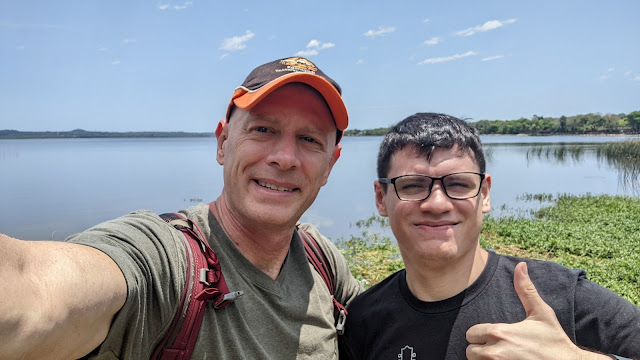 |
| Rawpixel CC0 1.0 |
The devil in the details here is the element "improper" in the tort of interference. The same element, or the same concept, lives at the heart of many a business tort, and it's a difficult line to find. Indeed, the Appeals Court wrote that "improper" "has proved difficult to capture in a universal standard."
Interference with contract in Massachusetts law requires a contract or prospective business relation, knowing inducement to break the contract, interference by "improper motive or means," and harm to the plaintiff as a proximate result. Here, the architect told the homeowners they were being overbilled and urged them to terminate the renovation contract and hire a contractor the architect recommended. They did, and the terminated contractor sued the architect for interference with contract.
The fact pattern is common for generating interference claims, as the very job of the defendant is, in a sense, interference, that is, to run interference between consulting client and its contractor. Only "improper" was in dispute, and the plaintiff-contractor could not show evidence that measured up.
The plaintiff disputed the veracity and quality of the defendant's consultation and advice. But worst case, the court reasoned, the plaintiff might persuade a jury to find negligence or gross negligence. That can't be the basis of an interference claim, because then the interference tort would make actionable every negligent infliction of economic loss.
The negligence tort usually requires a physical infliction of loss or harm. Business torts are exceptional in this regard, but they are predicated on a strong duty relationship, such as contract or fiduciary obligation. The plaintiff-architect and defendant-contractor here were not in privity of contract.
The court looked to an earlier case in which the Massachusetts Supreme Judicial Court had allowed interference predicated on deceit or intentional misrepresentation. That can suffice to support interference. But there was no evidence here of deceit. So the court pondered what improper means short of that standard.
The court leaned heavily on the Second Restatement of Torts, which suggested, besides deceit, threats, defamation, or other conduct "innately wrongful, [and] predatory in character." Inversely, the Second Restatement advises that no interference liability can arise from "truthful information" or "honest advice within the scope of a request for advice."
The latter standard fit, the court opined. And the Restatement comments elaborated, "[N]o more than good faith is required," regardless of competence. "The rule as to honest advice applies to protect the public and private interests in freedom of communication and friendly intercourse," affording latitude especially to "the lawyer, the doctor, the clergyman, the banker, the investment, marriage or other counselor, and the efficiency expert."
The court affirmed the superior court award of summary judgment to the defendant.
There's unfortunately one point of confusion reiterated in the court's opinion. The court correctly pointed to a line of Massachusetts cases approving of "actual malice" as supporting interference claims in the context of employment, when a disgruntled terminated worker claims interference against a supervisor or corporate officer for interfering with the worker's employment contract. In this context, the courts defined "actual malice" as "spiteful, malignant purpose unrelated to a legitimate corporate interest."
 |
| Common law malice |
The Massachusetts precedents on interference in the employment context seem to have misused the term "actual malice" to refer to common law malice. OK, I guess, as long as we all know that malevolence is the one that can evidences tortious interference.
I have some doubts, by the way, about the correctness of the Massachusetts cases that apply the interference tort in fact patterns involving a fellow worker as defendant. A basic rule of interference is that one cannot be said to have interfered tortiously with a contract to which one is a party. If the defendant was clearly acting within the scope of employment, that is, as an agent of the employer, then I don't see that a tortious interference claim can arise, and there's no need to analyze impropriety. But then, I guess, the threshold requirement overlaps with the "unrelated to a corporate legitimate interest" piece of the impropriety test.
The case is Cutting Edge Homes, Inc. v. Mayer, No. 23-P-388 (Mass. App. Ct. Feb. 27, 2024) (temp. slip op. posted). Justice John C. Englander wrote the opinion of a unanimous panel that also comprised Justices Ditkoff and Walsh.


.jpg)






















